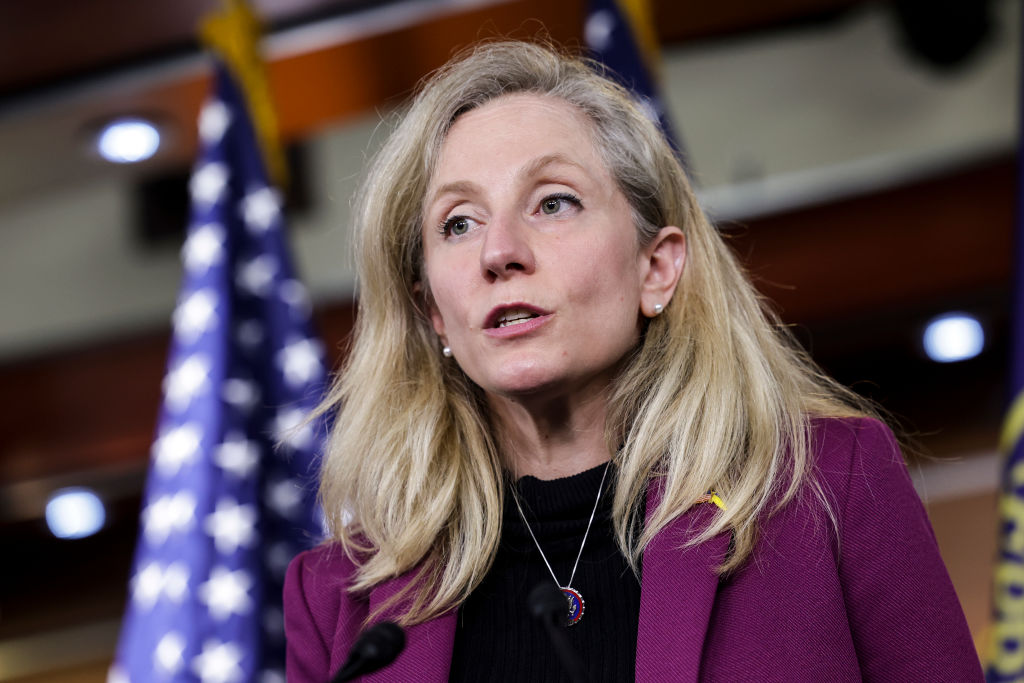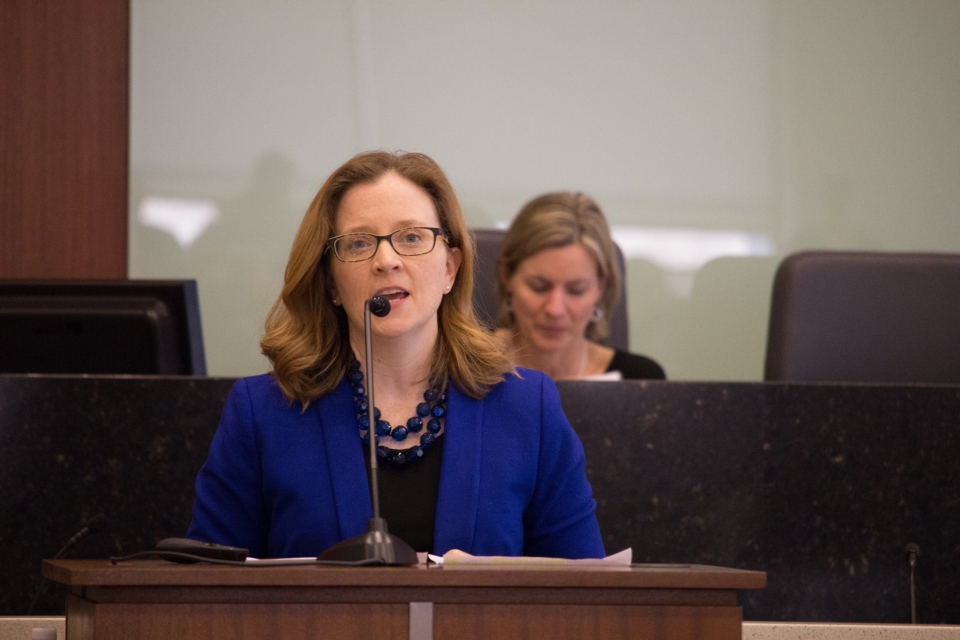After an underlying whirlwind of force, endeavors to restrict individuals from Congress from exchanging stocks have eased back as numerous legislators settle on the need to boycott exchanges however haven’t settled at this point on the subtleties.
Presently as worries mount that time might be expiring, a vital figure in the discussions tells Yippee Money that a solidarity bill could come soon as legislators steadily move towards an agreement. In another meeting with Yippee Money Presents, Sen. Kirsten Gillibrand (D-NY) said around twelve legislators are arranging a draft bill and that a last one will be presented “sooner or later in the following couple of weeks.”
On the off chance that the legislators really convey a proposition, it would stamp a significant forward-moving step in the endeavors to change the connection among legislators and Money Road after a progression of embarrassments lately have brought up issues about whether administrators ought to exchange stocks given their insight into non-public data.

WASHINGTON, DC – APRIL 07: U.S. Rep. Abigail Spanberger (D-VA) speaks on banning stock trades for members of Congress at news conference on Capitol Hill, April 07, 2022 in Washington, DC. Lawmakers have introduced the, Ban Conflicted Trading Act, which would prohibit members of Congress and senior staff from purchasing and selling individual stocks or serving on the board of a for-profit company. (Photo by Kevin Dietsch/Getty Images)
Addressing Hurray Money, Gillibrand proposed administrators have drawn nearer to settling on one of the central questions — how legislators can place their cash into blind trusts.
“We will make a few arrangements for individuals who come into Congress claiming specific portfolios, that they can hold them in blind trust,” she said. “That is most likely going to be the result.”
She added that digital money exchanging would be restricted, as per the latest draft of the solidarity bill, and for all protections “we would permit individuals to claim what they own, however they would need to put it behind a visually impaired trust.”
That approach would be like a portion of the ongoing public recommendations. Quite possibly of the most forceful arrangement — from Sens. Jon Ossoff (D-GA) and Imprint Kelly (D-AZ) — permits legislators to move a current resource into a visually impaired trust without stripping it. Kelly himself has noticed that he by and by has gone further.
“Before I was confirmed, I did whatever it takes to place my resources in a certified visually impaired trust, not exclusively can I not make exchanges, I don’t have any idea what’s in there,” he told Hurray Money in January. “Exactly the same thing is valid for Representative Ossoff.”
A few backers say this differentiation is significant, contending a visually impaired trust isn’t visually impaired on the off chance that you know the resources it holds.
“Setting individual resources into a certified visually impaired trust, missing a prerequisite to sell the first resources, is certainly not an adequate answer for the contentions that these resources present,” Donald Sherman of the Residents for Obligation and Morals in Washington said during a legislative hearing recently.
Other exceptional issues
Notwithstanding the visually impaired trust issue, a scope of different arrangements remain openly unsettled.
A portion of the bills remember the relatives of legislators for any boycott while others don’t. As far as it matters for her, Gillibrand has proposed a restriction on dynamic exchanging be applied to authorities like the president, VP, High Court judges, and senior Central bank authorities, an arrangement excluded from a few different bills.
“It’s critical that assuming we do this boycott, it’s across all layers of government,” Gillibrand said for the current week.
This isn’t the primary push to prevent legislators from enjoying an uncalled for benefit in the financial exchange. In 2012, then, at that point President Barack Obama marked the Quit Exchanging on Legislative Information (STOCK) Act, which required public exposure of exchanges in 45 days or less. Gillibrand helped push for entry then.
Notwithstanding, a new examination from Insider found that 59 individuals from Congress have disregarded the straightforwardness arrangements in the STOCK demonstration.
Congress’ test in arriving at an arrangement this year comes in spite of public help for an action to police legislators’ exchanges the wake of late outrages, including one prominent episode where then-Sen. Kelly Loeffler (R-GA) and Sen. Richard Burr (R-NC) sold stocks not long after a confidential preparation in the beginning of the Covid pandemic. Burr had to deal with an Equity Office examination that finished without penalties.
‘There’s no time to waste’
A representative for Sen. Jeff Merkley (D-OR) told Hurray Money that the Representative is confident an arrangement can be reached and “exchanges are continuous around all issues, including qualified blind trusts.”
“Merkley accepts this is a basic issue to take up while the open door is open, and there isn’t a moment to spare,” the representative said.
It’s hazy the number of conservatives that are associated with the ongoing conversations, yet figures like Sen. Josh Hawley (R-MO) and different conservatives have voiced help and, surprisingly, delivered plans for stock exchanging boycotts. In any case, a couple of the bills have collected help from a bipartisan gathering of legislators.
What’s more, regardless of whether an agreement bill is reached, a few conservative legislators have cautioned against a “automatic bill” while others — including a few leftists — have likewise scrutinized the requirement for a boycott by any means.

 Global Ladies’ Day Nasdaq President Adena Friedman on propelling ladies to the C-suite
Global Ladies’ Day Nasdaq President Adena Friedman on propelling ladies to the C-suite  Why Dallas Ranchers Lobby of Notoriety QB Troy Aikman is taking on Enormous Brew
Why Dallas Ranchers Lobby of Notoriety QB Troy Aikman is taking on Enormous Brew  Gonzaga star Drew Timme talks Nothing and being a Jawline fluencer I can truly get imaginative with it
Gonzaga star Drew Timme talks Nothing and being a Jawline fluencer I can truly get imaginative with it  Young ladies Who Code pioneer ‘Working environments have never been worked for ladies’
Young ladies Who Code pioneer ‘Working environments have never been worked for ladies’  Popularity based lead representative cautions against ‘repeating Communist Coalition lines’ and constraining Enormous Oil to bore
Popularity based lead representative cautions against ‘repeating Communist Coalition lines’ and constraining Enormous Oil to bore  Why Huge Pharma’s fundamental contention about drug costs doesn’t hold up, as indicated by Rep. Katie Watchman
Why Huge Pharma’s fundamental contention about drug costs doesn’t hold up, as indicated by Rep. Katie Watchman